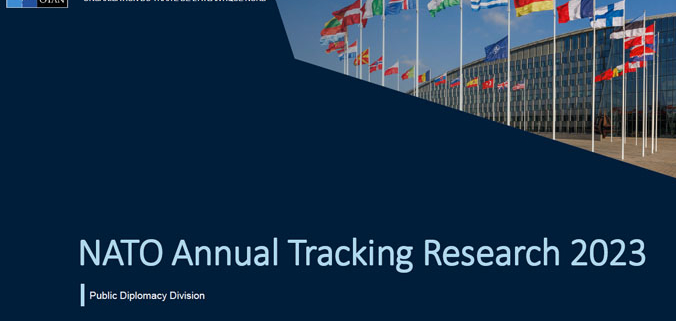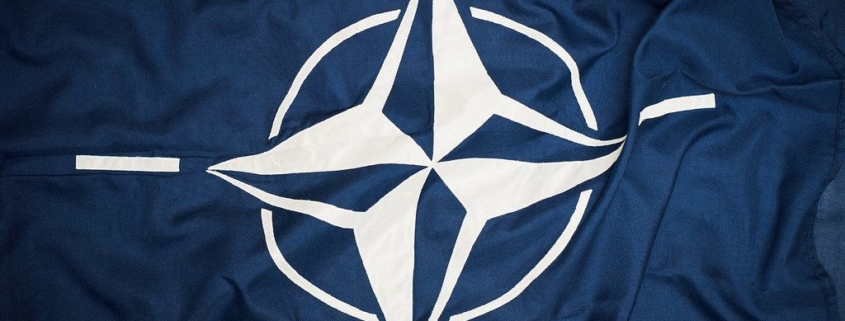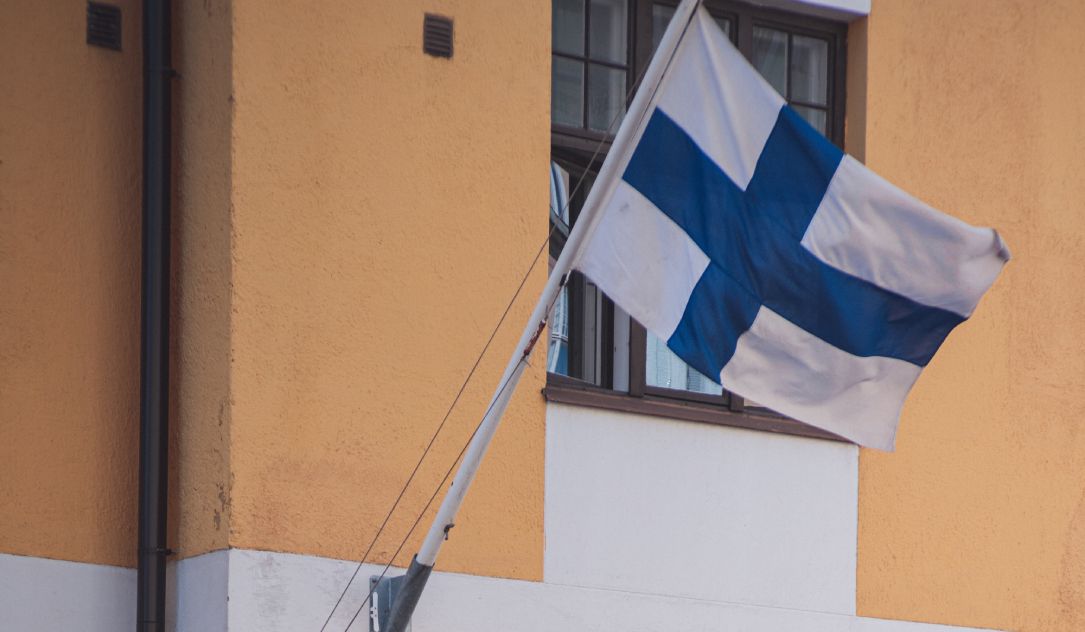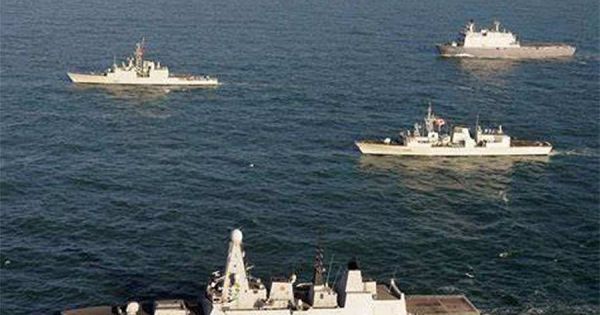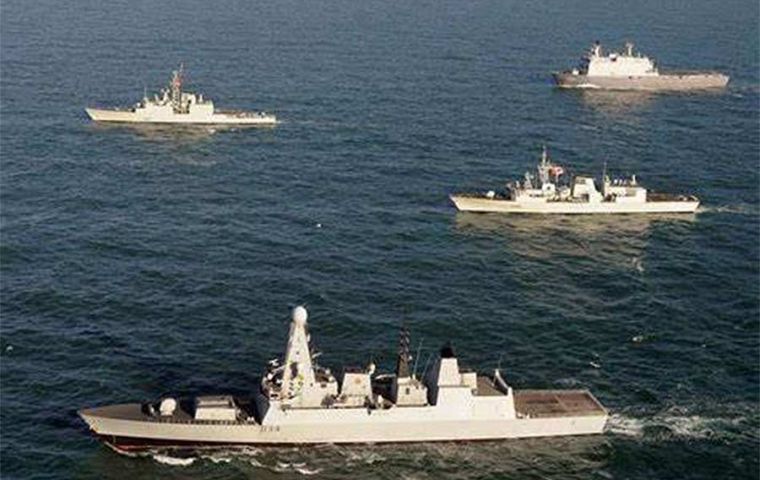2023 Outlook: Allied Views on Security, Defence, NATO
In 2023, NATO continued to monitor Allied citizens’ perceptions on defence and security. Findings show significant agreement that NATO membership makes foreign attack less likely (61 per cent, consistent with 2022), and support for increased defence spending has risen by five percentage points (40 per cent in 2023; 35 per cent in 2022). A majority of Allied respondents agree with their country continuing to provide support to Ukraine (63 per cent).
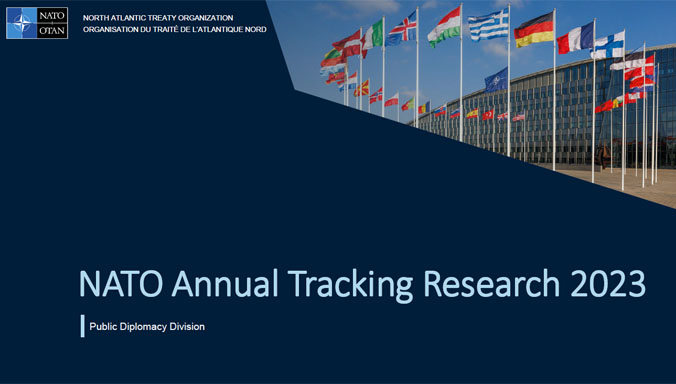
About the study
Coverage: 31 NATO Allies plus Sweden: general population over 18 years of age. When this survey was conducted, Sweden was not a NATO member. Data from Sweden are not included in the calculation of the NATO total.
Sample size: In all countries polled online, a sample of at least 1,000 respondents per country was achieved. In countries surveyed by telephone, at least 500 individuals per country were interviewed. In total, 30,925 interviews were conducted.
Methodology: Online interviews, with quotas applied on gender, age and region. In Albania and Montenegro, interviews were conducted via telephone and random sampling.
All data have been weighted according to the latest population statistics.
Total data are calculated based on population distribution in the 31 Allied countries. Data from Sweden are not included in the calculation of the NATO total. When this survey was conducted, Sweden was a NATO Invitee. It became a NATO Ally on X March 2024.
Fieldwork period: 1 November – 6 December 2023.
Margin of error: The survey uses non-probability sampling. The indicative margin of error is ± 3%.
Trend data: 2022 data are based on interviews conducted among 30,993 interviews in the 30 NATO member countries between 7 and 29 November 2022. 2021 data are based on interviews conducted by Kantar among 28,909 adults in the 30 NATO member countries between 12 November and 2 December.
